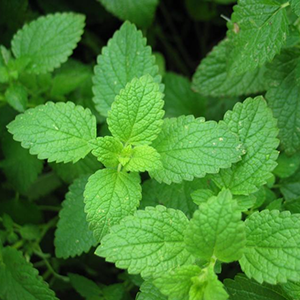Peppermint, a widely recognized herb, offers a myriad of health benefits attributed to its active compounds, such as menthol and menthone. One of the primary advantages of peppermint is its efficacy in alleviating digestive issues. It helps reduce symptoms of irritable bowel syndrome (IBS), including bloating, gas, and abdominal pain. This is largely due to its ability to relax the gastrointestinal muscles and enhance bile flow, which aids in digestion. Furthermore, peppermint oil is known for its analgesic and anti-inflammatory properties, making it effective in relieving headaches and muscle pain when applied topically. The herb also possesses antimicrobial properties, which help in combating infections and boosting the immune system. Additionally, peppermint's soothing properties can alleviate respiratory issues, such as congestion and coughs, by opening airways and easing breathing.
Specifically concerning liver health, peppermint shows promising benefits. The liver plays a crucial role in detoxifying the body, and peppermint supports this function by stimulating bile production. Bile is essential for the digestion and absorption of fats, and its enhanced flow can prevent liver congestion and support overall liver function. Studies suggest that the antioxidants present in peppermint, including rosmarinic acid, can help protect the liver from oxidative stress and damage caused by free radicals. This protective effect is crucial in preventing liver diseases, such as fatty liver disease and cirrhosis. Moreover, peppermint has been found to possess hepatoprotective properties, which means it can help protect liver cells from damage induced by toxins and other harmful substances. Thus, incorporating peppermint into the diet or using peppermint oil can be a beneficial strategy for maintaining liver health and enhancing its detoxification processes.
